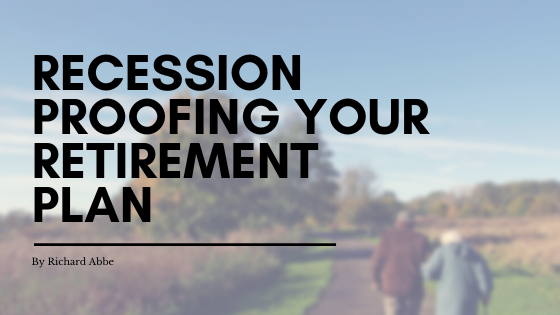The days of employer-sponsored pension plans are long over. That’s why creating a solid retirement plan is a must for today’s workers. But many fail to anticipate future economic downturns when figuring out how to fund their golden years.
A recession can impact everything from investment income to the price of consumer goods. And retirees don’t always have much of a financial cushion available to cope with one. But it doesn’t have to be that way. Here’s how to recession-proof your retirement plan.
Go Big On Savings
The first way to defend your retirement against recessions is to boost your savings as much as possible. Then you’ll be capable of dealing with emergencies as they occur without altering your investments and other retirement income sources.
Keep Your Money in the Market
Because investing in stocks is the key to long-term financial security, it should play a big role in your retirement plan. But it’s important to recognize that the stock market moves in cycles. So you must invest for the long term and avoid pulling your money out of the market in the face of a downturn. Except in extreme circumstances, the market will always recover in time.
Use an Equity Glide Path to Balance Investments
When you start saving for retirement, your investments should focus on generating as much growth as possible. But as you age, you’ll need to adjust your portfolio toward safer, more predictable returns. You can use an equity glide path to map out this transition. In the end, you’ll want to end up with long-term returns of between 7% and 10% to provide sufficient funds for your retirement.
Create a Detailed Retirement Budget
Even if you can’t predict when a recession might hit, you can be ready for one by making a detailed budget for your retirement. In it, separate your spending into needs and wants. Try to link your needs to your safest retirement income sources. That way you’ll know what to cut back on if a recession hits. You may even wish to try living according to your retirement budget for a while to make sure you’ve thought of everything.
At the end of the day, retirement should be a time of well-earned rest and comfort. And if you plan for a rainy day ahead of time, that’s exactly what you’ll get.

